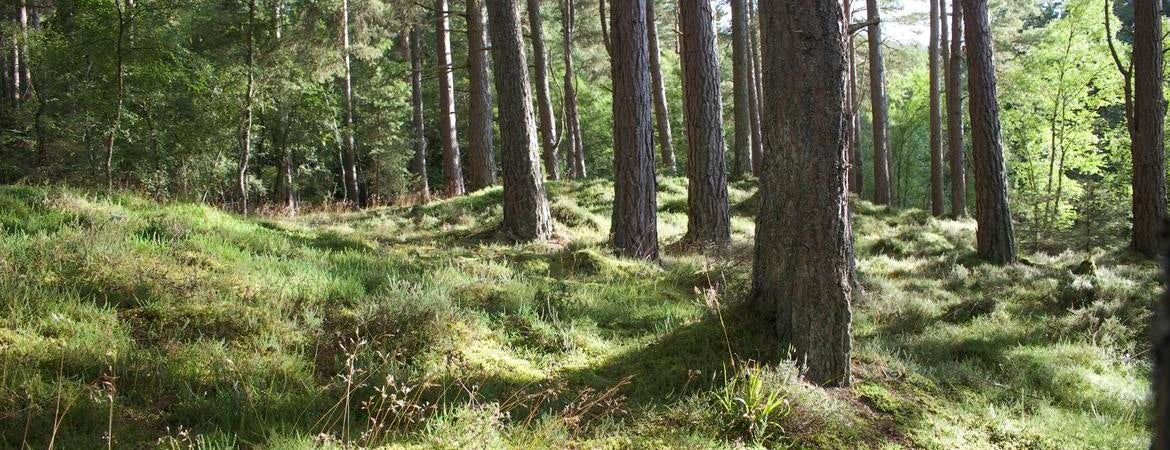
Global climate and environmental change, and the resulting degradation of ecosystems, pose some of the most serious issues facing society today. While there is consensus among scientists that such change is happening, the coordinated interdisciplinary approach that would point toward solutions is largely missing. UCR’s College of Natural and Agricultural Sciences (CNAS) will be filling this gap with a proposed new Environmental Dynamics and GeoEcology (EDGE) Institute.
The EDGE Institute aims to examine life in this changing environment, focusing on, for example, carbon (molecules to organisms), nutrients, and water at various temporal and spatial scales, says Professor of Geology Mary Droser, chair of the planning committee. The institute is unique in that it will bring together scientists from the biological, chemical, earth, and environmental sciences to examine specific questions. “Other ecological centers tend to reflect only a life sciences point of view and do not go back in time by including analyses of the geological record,” Droser said.
The institute will be led by a director who will be the inaugural holder of the W. W. Mayhew Chair in GeoEcology. This chair has been endowed with a $1.5 million gift from donors who wish to remain anonymous but who are “passionate about the ecology of the Southwest,” according to CNAS Divisional Dean Jodie Holt. Their gift honors pioneering ecologist and UCR founding faculty member Wilbur W. (Bill) Mayhew, who was a co-founder of the University of California Natural Reserve System. His work resulted in the preservation of these key habitats throughout the state for future generations of scientists and students, habitats that are invaluable today as laboratories of the natural world.
“The generosity of our donors has made it possible to get the EDGE Institute off to a running start by bringing in a strong leader who will make the vision of the faculty a reality. This is a wonderful opportunity to enhance the visibility and impact of our existing programs, and to build new programs to address critical issues facing California and the world,” said Marylynn V. Yates, Dean of CNAS.
While the director is not expected to join UCR until next year, the institute’s planning committee has already initiated a series of technical seminars and public lectures for 2014. Teaming with CNAS’s popular Science Lecture Series, the institute is offering six public lectures on various aspects of geoecology. The first, entitled “HAIR: The History of Animals using Isotope Records,” will be presented on Wednesday, January 22, by Distinguished Professor of Geology and Geophysics Thure Cerling of the University of Utah, at 5:30 p.m. in the UCR Extension Center, Conference Rooms D & E. For further information visit http://cnas.ucr.edu/outreach/events.html.
Members of the EDGE Institute planning committee are Michael Allen (Plant Pathology & Microbiology), Robert Allen (Earth Sciences), Michael Anderson (Environmental Sciences), Mary Droser (Earth Sciences), Kimberly Hammond (Biology), Jodie Holt (Botany & Plant Sciences), Darrel Jenerette (Botany & Plant Sciences), Timothy Lyons (Earth Sciences), and Louis Santiago (Botany & Plant Sciences).